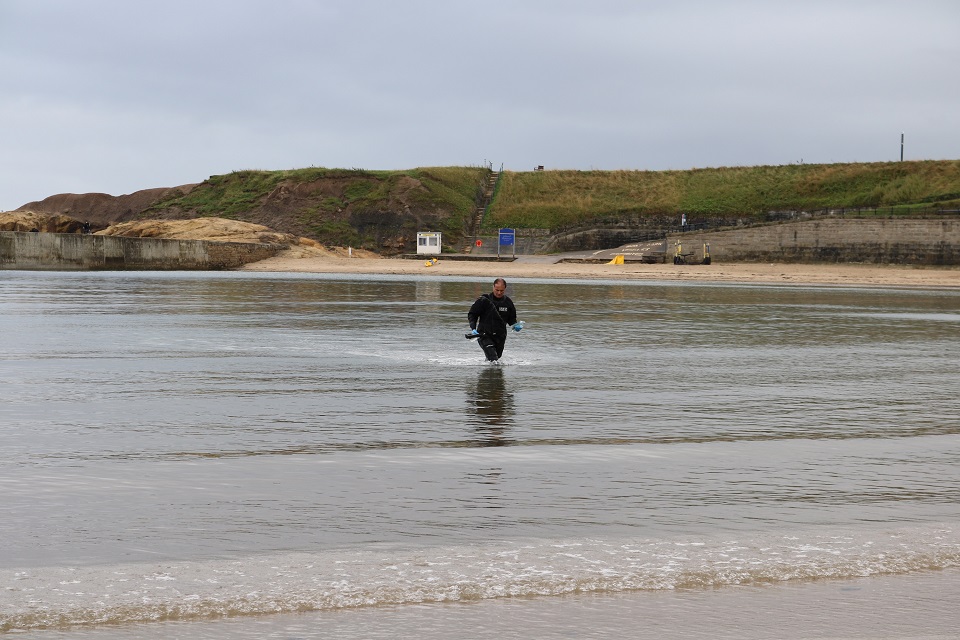- Directors who have dissolved companies to avoid paying workers or pensions could be disqualified or fined by authorities for the first time
- Struggling companies to be given more time to rescue the business and help safeguard jobs
- Boardrooms to explain to shareholders how they can afford to pay dividends alongside capital investment, workers’ rewards and pension schemes
Directors who dissolve companies to avoid paying workers or pensions could face hefty fines or be disqualified from running a business for the first time.
The government is to press ahead with new plans to safeguard workers, pensions and small suppliers when a company goes bust.
Under the shake-up, bosses will face investigation if they try to escape paying a dissolved company’s debts to their own staff and creditors.
While the vast majority of UK companies are run responsibly, there are a minority of directors who deliberately dodge debts by dissolving companies then starting up a near identical business, with a new name. The practice is known as ‘phoenixing’ or ‘bumping companies’.
Under the new powers the Insolvency Service will be able to fine directors or even have them disqualified.
Business Minister Kelly Tolhurst said:
“The UK is a great place to do business with some of the highest standards of corporate governance. While the vast majority of UK companies are run responsibly, some recent large-scale business failures have shown that a minority of directors are recklessly profiting from dissolved companies. This can’t continue.
“That is why we are upgrading our corporate governance to give new powers to authorities to investigate and hold responsible directors who attempt to shy away from their responsibilities, help protect workers and small suppliers and ensure the UK remains a great place to work, invest and do business.”
The Investment Association will be asked to investigate to see if action is needed to ensure that companies are giving their shareholders an annual vote on dividends.
The Government is further raising standards by ensuring bosses explain to shareholders how the company can afford to pay dividends alongside financial commitments such as capital investments, workers’ rewards and pension schemes.
The Government is also introducing new measures in response to its corporate insolvency consultation that will give financially-viable companies more time to rescue their business.
These include:
- giving viable companies more time to restructure or seek new investment to rescue their business, helping to safeguard jobs
- enabling companies in financial distress to continue trading through the restructuring process, ensuring that small suppliers and workers still get paid
- a new restructuring plan to help rescue viable businesses and preserve jobs
The Government will also announce new measures to improve the quality of directors’ work by:
- developing proposals to introduce new and better training for directors to make them more aware of their legal duties.
- inviting ICSA – the Governance Institute to convene a group of investors and companies to develop a code of practice for external board evaluations;
These measures, which will be set out in further detail in the autumn, are being put forward as part of the Government’s response to the corporate governance and insolvency consultation, launched in March this year.
The proposed reforms will help to strengthen the UK’s business environment which is a key part of the UK’s Industrial Strategy – the Government’s long-term plan to build a Britain fit for the future – ensuring the UK remains one of the best places to start and grow a business and is an attractive place to invest.
Stuart Frith, President of insolvency and restructuring trade body R3, said:
“R3 welcomes the government’s announcement that it is progressing its corporate insolvency proposals, which should help to ensure that the UK’s insolvency and restructuring framework retains its world-class status.
“Our members have long raised concerns that some directors are deliberately dissolving businesses to avoid paying their debts. A strengthened disqualification regime will be an important part of ensuring that directors are less likely to walk away from their responsibilities.”
Chris Cummings, Chief Executive of the Investment Association, said:
“There is a concern among investors that some companies are utilising interim dividend payments in order to avoid shareholder approval. This removes the ability of shareholders to properly scrutinise the payment of dividends and risks undermining the strength of the UK’s corporate governance framework, which has long been a model respected around the world.
“We welcome the opportunity to study how significant the issue of companies not seeking approval for dividend payments is, and look forward to working with the Government to ensure that the investor voice continues to be a central plank in the UK corporate governance regime.”
Simon Osborne, Chief Executive of ICSA: The Governance Institute said:
“We are delighted to accept the Government’s invitation to convene a group of investors and companies to develop a code of practice for external board evaluations.
“We firmly believe that a high-quality independent board evaluation or board effectiveness review is valuable for companies, indeed organisations, of all sizes and in all sectors.
“A rigorous and reported board evaluation can also provide comfort for investors and the market as a whole that the board has the necessary skills and tools to run the organisation as effectively as possible.”



